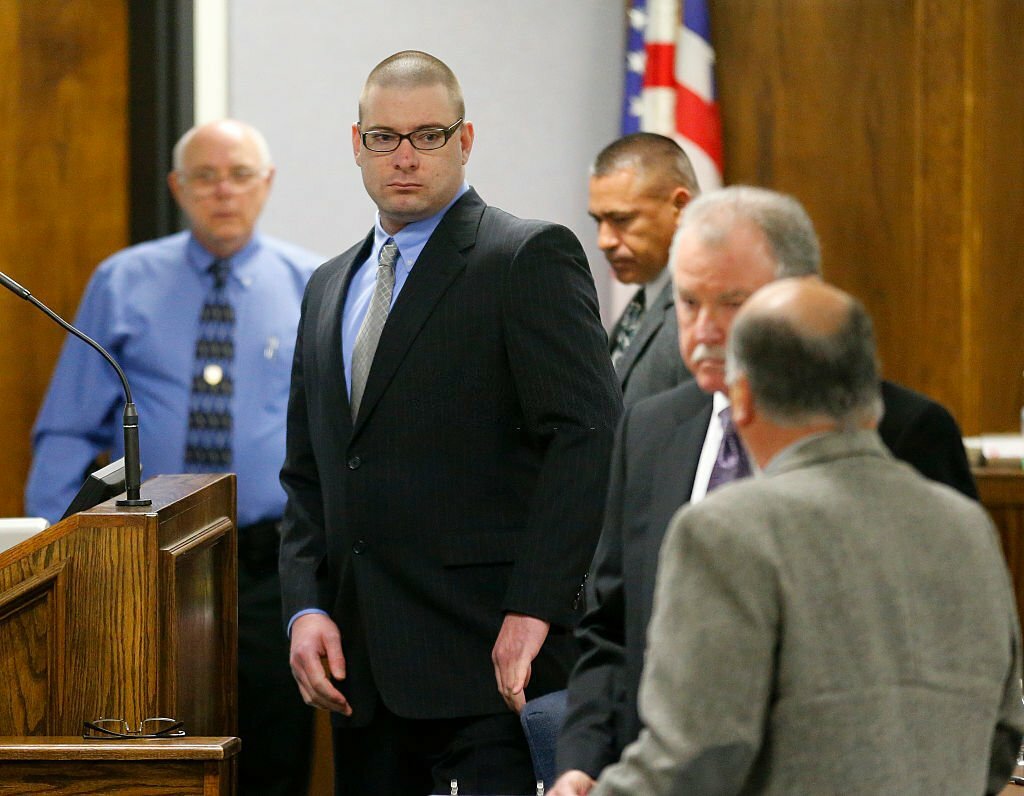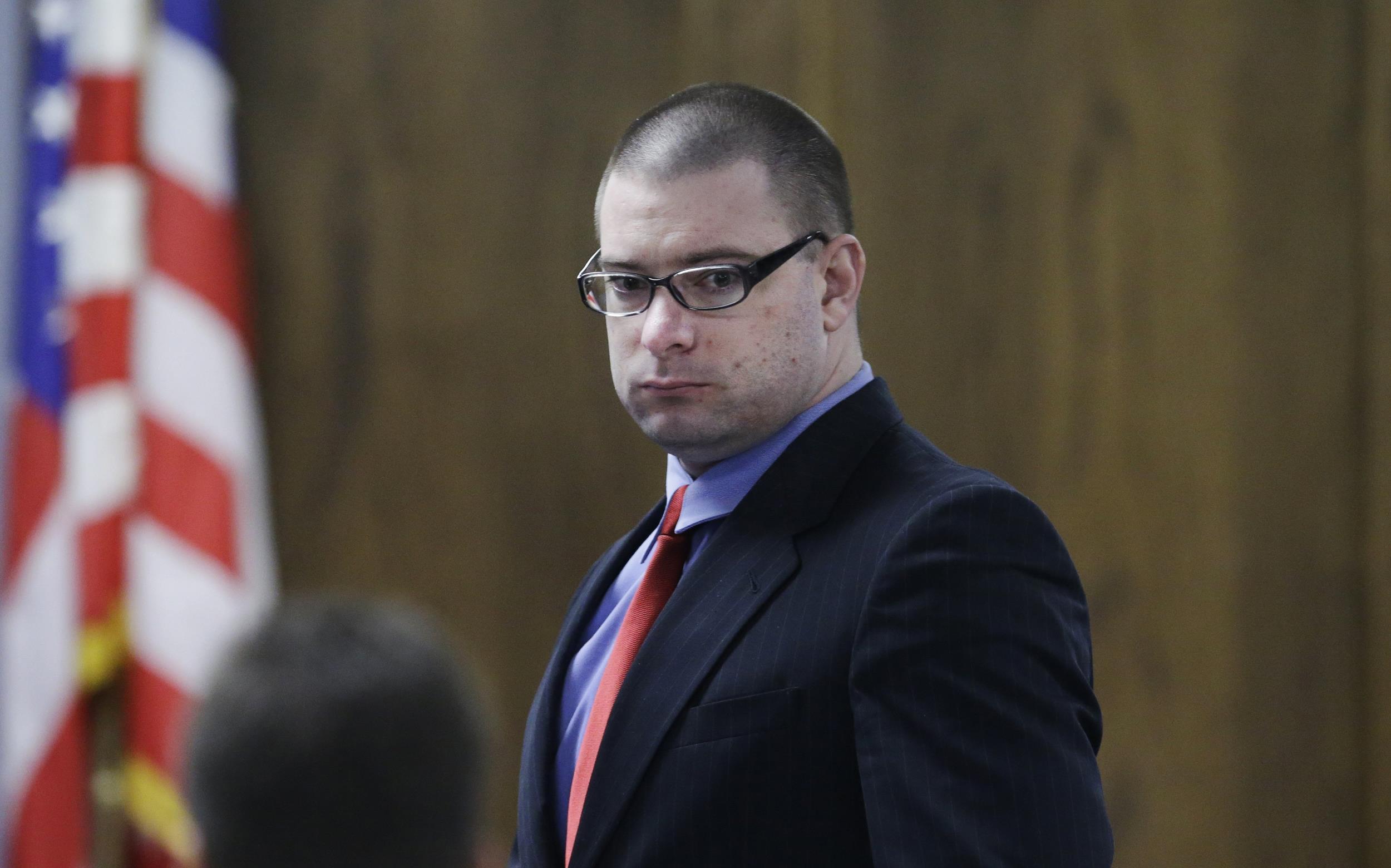Eddie Ray Routh’s life is complex, revealing the challenges many veterans encounter. His story includes Marine service, PTSD battles, and a fateful day that thrust him into the national spotlight. This blog delves into Routh’s life, exploring his military service, PTSD impact, and the tragic day that altered his life and others.
Early Life and Military Service
Eddie Ray Routh, born on October 19, 1987, in Lancaster, Texas, shared the same small-town roots as many young Americans. Driven by a deep sense of duty and patriotism, he felt compelled to enlist in the United States Marine Corps, serving from 2006 to 2010.
During his time in the Marine Corps, Routh was deployed to Iraq, where he encountered the brutal realities of combat. Warfare’s psychological toll, the loss of comrades, and exposure to trauma profoundly impacted his mental health. It was during his Iraq deployment that the seeds of PTSD were sown.
The Struggle with Post-Traumatic Stress Disorder (PTSD)
Upon returning from Iraq, Eddie Ray Routh faced a new battle – one that would continue to haunt him for years. Post-Traumatic Stress Disorder, or PTSD, is a mental health condition that can develop after an individual experiences or witnesses a traumatic event. For veterans like Routh, the transition to civilian life is often accompanied by the heavy burden of PTSD.
PTSD can manifest in various ways, including flashbacks, nightmares, severe anxiety, and emotional detachment. It can lead to problems in relationships, employment, and daily functioning. In Routh’s case, the effects of PTSD began to take a significant toll on his life.
The Tragic Events of February 2, 2013
February 2, 2013, is a date etched in American crime history, marking the day when Eddie Ray Routh’s life took a dark and tragic turn. Routh, who had been grappling with the weight of PTSD, became entangled in a horrifying incident that would capture national attention.
On that fateful day, Routh shot and killed two individuals at a shooting range in Erath County, Texas. The victims were Chad Littlefield and the world-renowned Navy SEAL sniper, Chris Kyle, famous for his military service and best-selling memoir, “American Sniper.” Kyle and Littlefield had been attempting to assist Routh in coping with his struggles when the shooting took place.
The crime sent shockwaves throughout the nation, not only because of the high-profile nature of the victims but also because it highlighted the urgent need for improved mental health support for veterans dealing with PTSD.
The Trial and Legal Proceedings

Getty Images
Eddie Ray Routh’s arrest and subsequent trial garnered intense media scrutiny, shining a spotlight on the intersection of mental health, the military, and the criminal justice system. Routh’s defense team argued that he was not guilty by reason of insanity, citing his severe PTSD as a mitigating factor in the crime.
The trial’s outcome sparked controversy and debate. On February 24, 2015, a jury found Routh guilty of capital murder and sentenced him to life in prison without the possibility of parole. The verdict, while legally sound, prompted discussions about the treatment and support available to veterans grappling with PTSD.
The Broader Issue: Veterans and PTSD
Eddie Ray Routh’s tragic journey underscores veterans’ mental health challenges, especially PTSD. His case highlights the need for better care, support, and awareness.
The Burden of PTSD
PTSD can cast a long shadow on the lives of veterans. It affects not only their mental health but also their physical well-being and social relationships. Many veterans suffering from PTSD find it difficult to integrate back into civilian life, leading to isolation, substance abuse, and, in extreme cases, violent behavior.
Insufficient Mental Health Services
One of the key issues highlighted by Routh’s case is the inadequacy of mental health services available to veterans. The stigma surrounding mental health care can deter veterans from seeking help, and the demand often overwhelms the limited resources allocated to mental health support.
Criminal Justice and PTSD
The intersection of the criminal justice system and PTSD is another critical aspect. Veterans who commit crimes while grappling with the effects of PTSD are often faced with legal consequences. Balancing the need for justice with a compassionate understanding of their mental health struggles is a challenging dilemma.
The Legacy of Eddie Ray Routh
Eddie Ray Routh’s legacy is a tragic one, with no easy answers or solutions. His story serves as a somber reminder of the profound impact of war on the human psyche and the struggles faced by veterans returning home. It also underscores the pressing need for a more comprehensive approach to addressing mental health concerns among veterans.
The Routh, Chris Kyle, and Chad Littlefield tragedy led to discussions on veterans’ mental health support, PTSD legal challenges, and societal responsibility for those who served.
Conclusion
The case of Eddie Ray Routh is a heart-wrenching and cautionary tale. It illuminates the intricate web of issues surrounding veterans, post-traumatic stress disorder, and the legal system. It serves as a reminder that while justice must be served, understanding, compassion, and comprehensive mental health support are equally crucial.
Routh’s story underscores the ongoing need for awareness and action to address the mental health challenges faced by veterans. While his actions were indefensible, they also revealed a deeply troubled mind, shaped by the horrors of war. In his memory and countless others like him, we must aim for a society that better supports veterans, offering the help they need for healing and peace.
